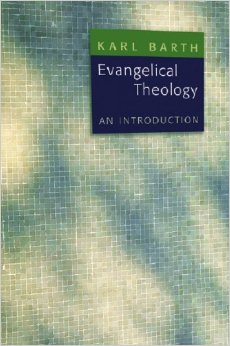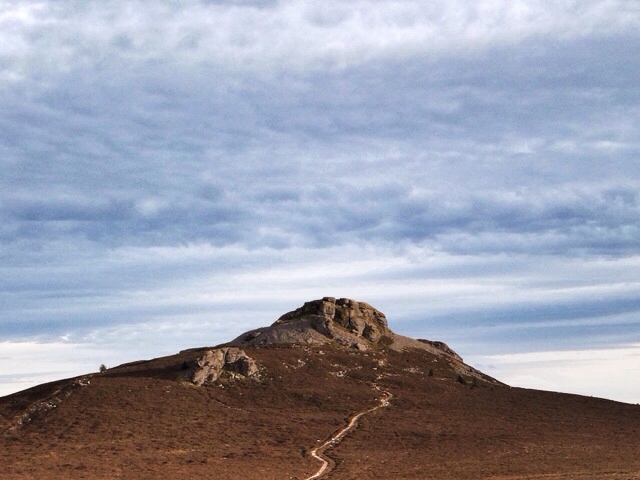
Most of you reading this are aware that I am currently working towards a degree in theology at the University of Aberdeen, but you probably don’t have a clue what I’m actually studying here. When I’ve talked about it in the past, I’ve been fairly brief – Barth and Warfield on the doctrine of scripture. I’ve come to realize the error of my ways and I recognize that this doesn’t actually mean much to most people. If I took some creative license and went with “What do Rob Bell and John Piper believe about the Bible and why does it matter?” then I would be speaking in terms that get closer to what the majority of my readers (North American Christians) would more readily understand. Which perhaps begs the question, why am I not writing on what Rob Bell and John Piper believe about the Bible? A question for a another time.
The main reason I’m taking the time to post is to invite you to read Karl Barth along with me. Tempting, I know. Let me give you a short sell on why you should consider reading Barth.
He is often described as the most influential theologian of the 20th century.
He is both revered and reviled.
He has had a profound impact on my thinking about God, the Bible, the Church, and the world.
He is Swiss.
He will at time leave you perplexed while also leading you to worship. He might even go so far as to say that your state of perplexity is an act of worship.
I’ve never been much of a salesman. Anyway, I’m planning on reading some ‘easy’ Barth with some friends, and if you want to get in on the conversation consider this your invitation. We are planning to work through his book “Evangelical Theology: An Introduction.” By way of full-disclosure, ‘Evangelical’ and perhaps even ‘Theology’ don’t mean entirely the same thing that most of us are accustomed to. This probably has to do with his being Swiss and working during the mid-20th century. It is a book that emerged from a series of lectures that he delivered late in his career during his only trip to America. So I guess one could think of it as his attempt to introduce his thinking to an American audience after a lifetime of scholarship.
 Ok, so clicking the cover or HERE gets you to where you can buy the book.
Ok, so clicking the cover or HERE gets you to where you can buy the book. Or if you don’t mind reading online, you can find it HERE for free. (Sorry. I didn’t realize that this is a university resource. Bummer.)
Not sure how fast we’ll read or what venue we’ll use to discuss, but we’ll get it sorted out. This is just the sort of thing you want to be reading while recovering from the Turkey coma that many of you will slip into over the next few days.



